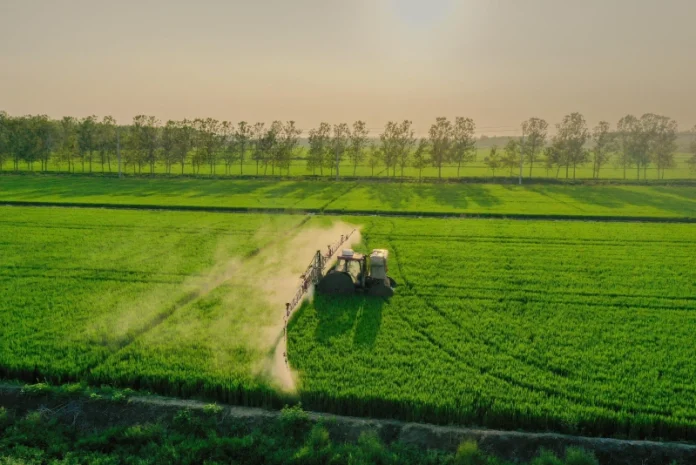For farmers, selecting the right agricultural machinery to complete tasks efficiently and grow high-quality crops is critically important. In the era of smart agriculture in 2025, farmers can easily purchase a wide variety of agricultural machinery both online and from local dealers for various farming needs.
Before selecting the right equipment, farmers should first ensure that the machinery is essential for their farm. For example, a farmer should choose a harvester that suits their crop type and select a plow appropriate for their soil type. Using the right equipment can significantly improve production efficiency and boost farm profitability.
The performance of any agricultural machinery also depends on local soil and climate conditions. To achieve optimal results, farmers should consider the following tips before making a purchase.
Tips for Choosing the Best Agricultural Machinery
- Land Area
- Soil Types
- Estimate Your Budget
- Brand and Model Name
- Availability of Repair Facilities or Service Centers
- Consider Resale Value
1. Land Area
For larger farms, bigger agricultural equipment is essential to complete tasks like sowing and harvesting quickly, which can also reduce overall costs. On the other hand, for smaller plots or sections of crops, smaller machinery is more practical and cost-effective.
2. Soil Types
Before purchasing agricultural machinery, farmers should thoroughly understand their soil’s structure. The soil type determines whether lighter or heavier machines are suitable.
For instance, farms with lighter soils may benefit from equipment with larger ground clearance but less weight. Plows and other tools may perform differently based on soil texture and moisture content.
3. Estimate Your Budget
Understanding your budget is just as important as knowing what equipment you need. Consider your farm’s overall financial situation and set a clear budget for specific purchases.
Before responding to supplier quotes or placing an order, ensure you’ve researched market prices. This preparation helps you make informed decisions while staying within budget.
4. Brand and Model Name
Avoid basing your decision solely on a machine’s appearance. To prevent issues related to parts availability or repairs, consider buying from trusted agricultural brands like John Deere. Compare models from well-known brands, focusing on the latest technology and features, and select the one that best meets your needs.
5. Availability of Repair Facilities or Service Centers
Ensure that parts and service centers for the chosen machinery brand are conveniently located near your farm. Having access to repair facilities reduces downtime during critical farming seasons. Always keep the contact information of the nearest service center handy at the time of purchase.
6. Consider Resale Value
Before finalizing a purchase, consider all costs, including operating, ownership, and labor costs. When it comes time to upgrade or sell your equipment, the total costs should not exceed the resale value of the machinery.
Other Important Considerations:
- Fuel Efficiency and Operating Costs
- Ease of Maintenance and Availability of Spare Parts
- Compatibility with Existing Equipment
- Technology and Automation Features
- Safety Features

